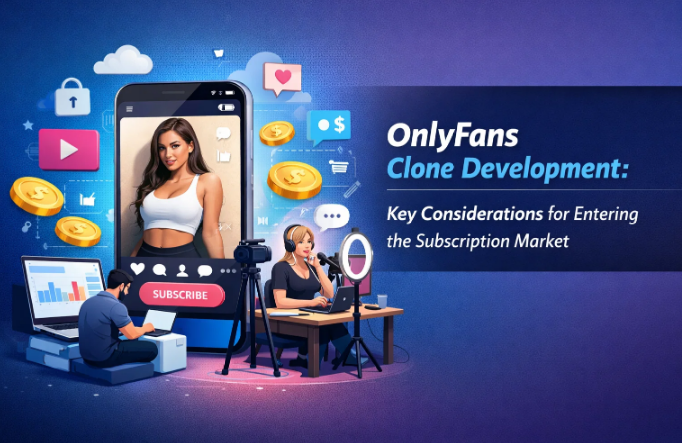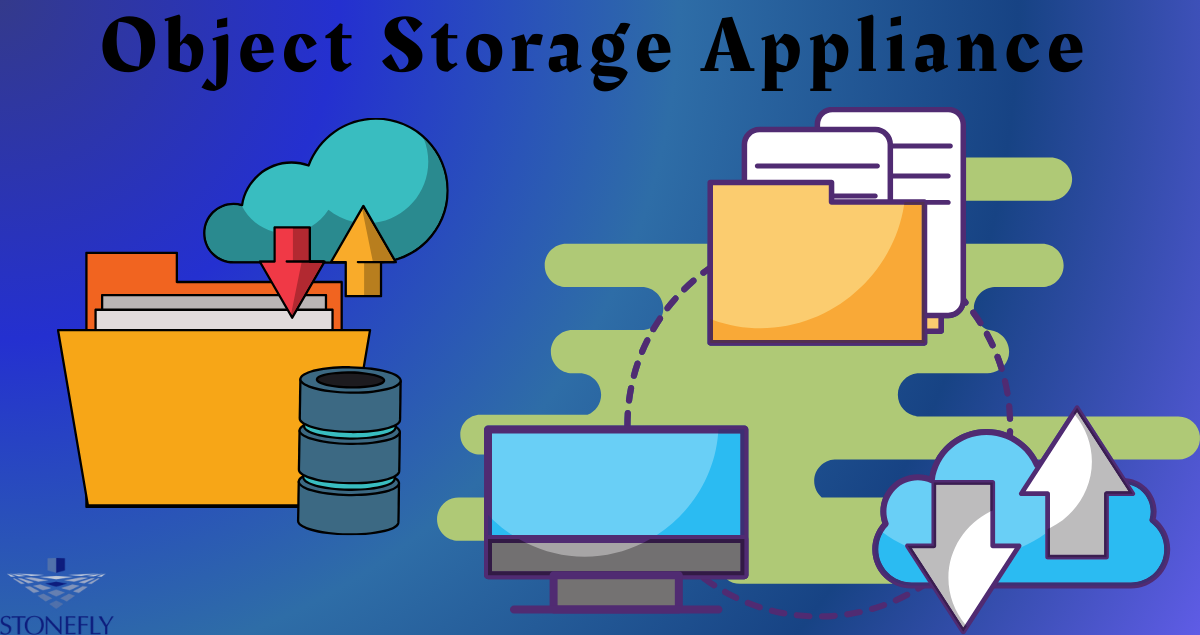The technology industry is changing faster than ever. Every company wants to stay ahead, innovate, and deliver better digital experiences. But there’s one critical question—how can businesses keep up with rising customer expectations, new technologies, and the constant need for agility? The answer lies in modern custom application development services. These services help organizations design, build, and scale software tailored precisely to their needs. Unlike off-the-shelf products, custom apps evolve with business goals, ensuring long-term value and competitive advantage. However, what truly sets today’s development apart is how it’s powered by AI, cloud technologies, and low-code tools.
Why Custom Application Development Is Booming
Businesses today demand flexibility and speed. A 2024 Gartner report revealed that 72% of organizations plan to increase spending on custom software solutions. The reason is simple: off-the-shelf systems often fail to align with specific processes, causing inefficiencies and limitations. Custom applications, however, are designed with precision. They reflect your workflows, your data needs, and your customer experience goals. As a result, they improve productivity and foster innovation. When companies use custom application development services, they unlock greater control over integrations, data, and scalability—things that generic solutions can’t deliver.
The Shift Toward Smarter Development
Traditional development cycles were long, costly, and rigid. But now, the landscape looks different. Modern frameworks and technologies have simplified the entire process. Artificial Intelligence and automation now speed up coding, testing, and deployment. According to McKinsey, AI-assisted development can reduce time-to-market by up to 50%. That’s a massive advantage for tech-driven companies that want to launch quickly and respond to user feedback. Smart development is not just about efficiency. It’s about creating intelligent, self-learning systems that make decisions faster than humans ever could. For instance, AI-driven apps can predict customer needs, detect anomalies, and optimize resources in real time.
Cloud and Scalability: A Perfect Match
Scalability is at the heart of modern software strategy. With cloud computing, applications no longer rely on physical infrastructure. They scale automatically based on usage, reducing downtime and costs. Reports from Flexera show that 94% of enterprises now use some form of cloud service. This shift means custom application development services are now cloud-first by design. Developers create solutions that grow seamlessly with demand. Whether you’re serving 100 users or a million, your app performs consistently. Moreover, cloud-native development enhances security and compliance—two key aspects that enterprises value the most.
The Low-Code Revolution
Low-code and no-code platforms have become game-changers in the software industry. They allow developers—and even non-developers—to create applications visually with minimal coding. A Forrester study found that low-code platforms can accelerate delivery times by up to 10x compared to traditional methods. That’s not hype—it’s a new way of working. For businesses, it means faster innovation cycles. For developers, it means more time to focus on complex logic and design. The best custom application development services integrate low-code tools with enterprise-grade frameworks, achieving the perfect balance of speed and flexibility.
Personalization: The Heart of Every Custom Solution
Every business is different. That’s why personalization sits at the center of successful software projects. A retail company might need a dynamic recommendation engine, while a healthcare provider might prioritize data security and compliance. Personalized apps address these unique needs directly. They connect with users emotionally by offering experiences that feel intuitive and seamless. In fact, according to Epsilon, 80% of consumers are more likely to buy from brands that offer personalized experiences. When companies invest in custom application development services, they’re not just building software—they’re building trust.
Integrations That Drive Efficiency
A powerful custom app does not operate in isolation. It connects with CRMs, ERPs, marketing automation platforms, and other tools. These integrations create a single ecosystem where data flows freely and decisions happen faster. Businesses that adopt integrated applications report a 30% increase in operational efficiency, according to Deloitte. Developers today design APIs that ensure smooth data exchange between platforms. This connectivity eliminates bottlenecks, reduces manual work, and provides teams with the insights they need to act decisively.
Security and Compliance: Non-Negotiable Priorities
In the digital age, security is everything. Cyberattacks have increased by 38% in the past year alone, as per Check Point Research. That’s why leading custom application development services prioritize end-to-end security measures. From encryption and identity management to compliance with GDPR, HIPAA, or ISO standards—every layer matters. Custom apps give organizations full control over their data and security policies, unlike generic systems that rely on shared protocols. This autonomy ensures peace of mind and compliance with evolving global regulations.
Continuous Innovation Through Agile Methodology
Agile development isn’t just a buzzword—it’s the foundation of modern software creation. It emphasizes collaboration, iteration, and customer feedback. Agile teams build, test, and improve applications continuously, ensuring faster delivery and better alignment with business goals. According to PMI, Agile projects are 28% more successful than traditional ones. By using this approach, custom application development services create flexible products that evolve with market demands. Businesses can experiment, adapt, and innovate without disrupting existing operations.
The Role of Data and Analytics in Custom Apps
Data drives today’s decisions. Every click, purchase, and interaction tells a story. When custom applications integrate analytics, they turn raw data into actionable insights. Companies can track performance, predict trends, and personalize user journeys more effectively. For example, integrating Power BI or Tableau within a custom dashboard helps visualize business metrics in real time. Organizations that leverage data-driven apps report 23% higher profits, according to PwC. Clearly, smart data integration is no longer optional—it’s essential.
The Emotional Side of Technology
Behind every app, there’s a human story. It’s about solving pain points, simplifying work, and creating meaningful digital experiences. When a logistics company automates delivery tracking, it reduces customer anxiety. When a healthcare app streamlines patient records, it saves lives. That emotional impact is what makes custom application development services truly transformative. Technology should never feel cold or distant. It should inspire confidence and make people’s lives easier.
Future Outlook: Where We’re Heading
The next wave of innovation will blur the lines between automation, intelligence, and creativity. Generative AI, quantum computing, and hyper-personalized user interfaces will redefine what’s possible. Businesses that invest in scalable, custom-built systems today will be better prepared for tomorrow’s challenges. The future belongs to companies that combine technical excellence with empathy and vision.
Conclusion
In this fast-moving digital world, off-the-shelf software simply can’t keep up. Companies need flexibility, control, and continuous innovation—and that’s exactly what custom application development services deliver. By leveraging AI, low-code platforms, and the cloud, businesses can build smarter, faster, and more scalable applications. They can connect better with their customers and adapt effortlessly to change. If this article helped you see the future of custom software in a new light, share it with your peers or link to it. Together, we can inspire more organizations to create technology that truly matters.
















Leave a Reply